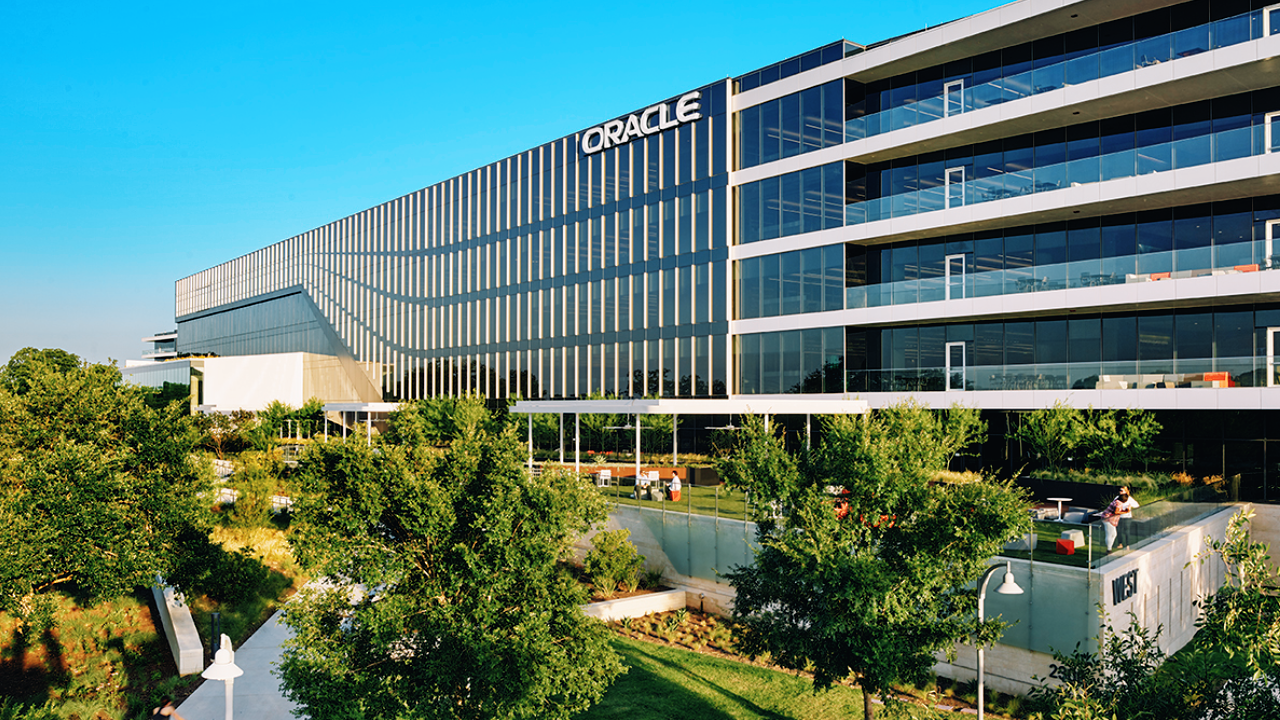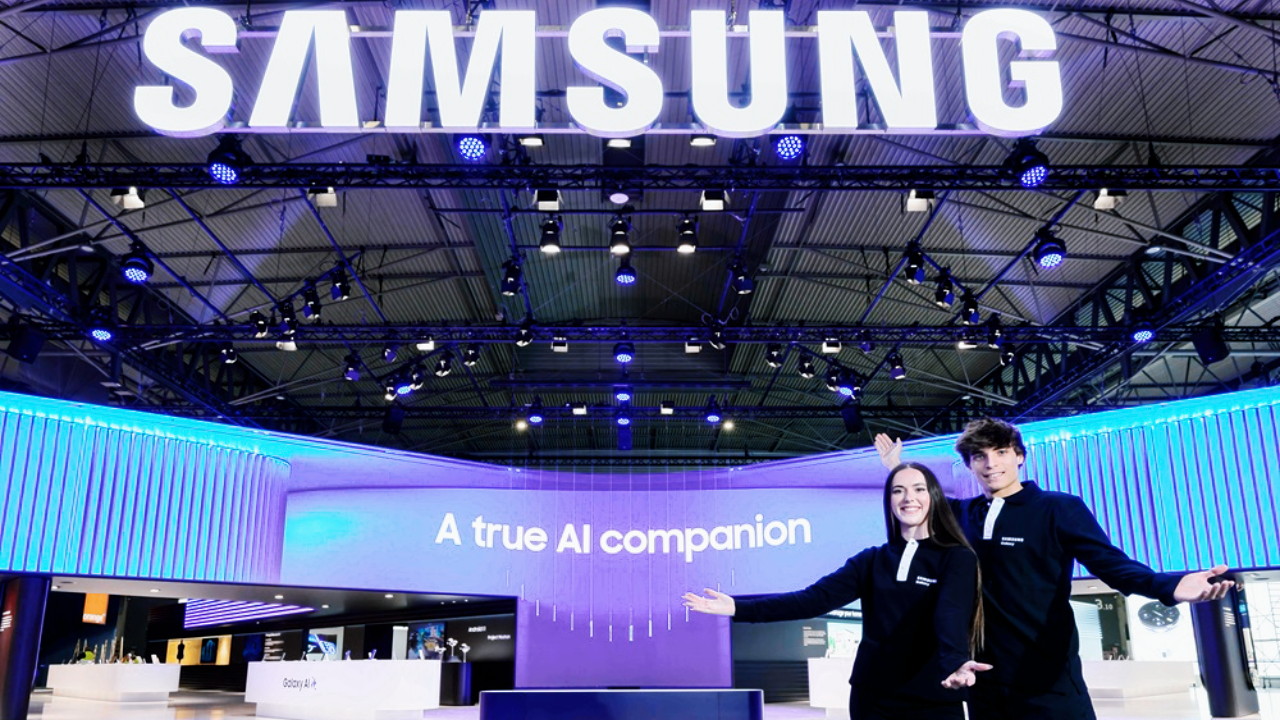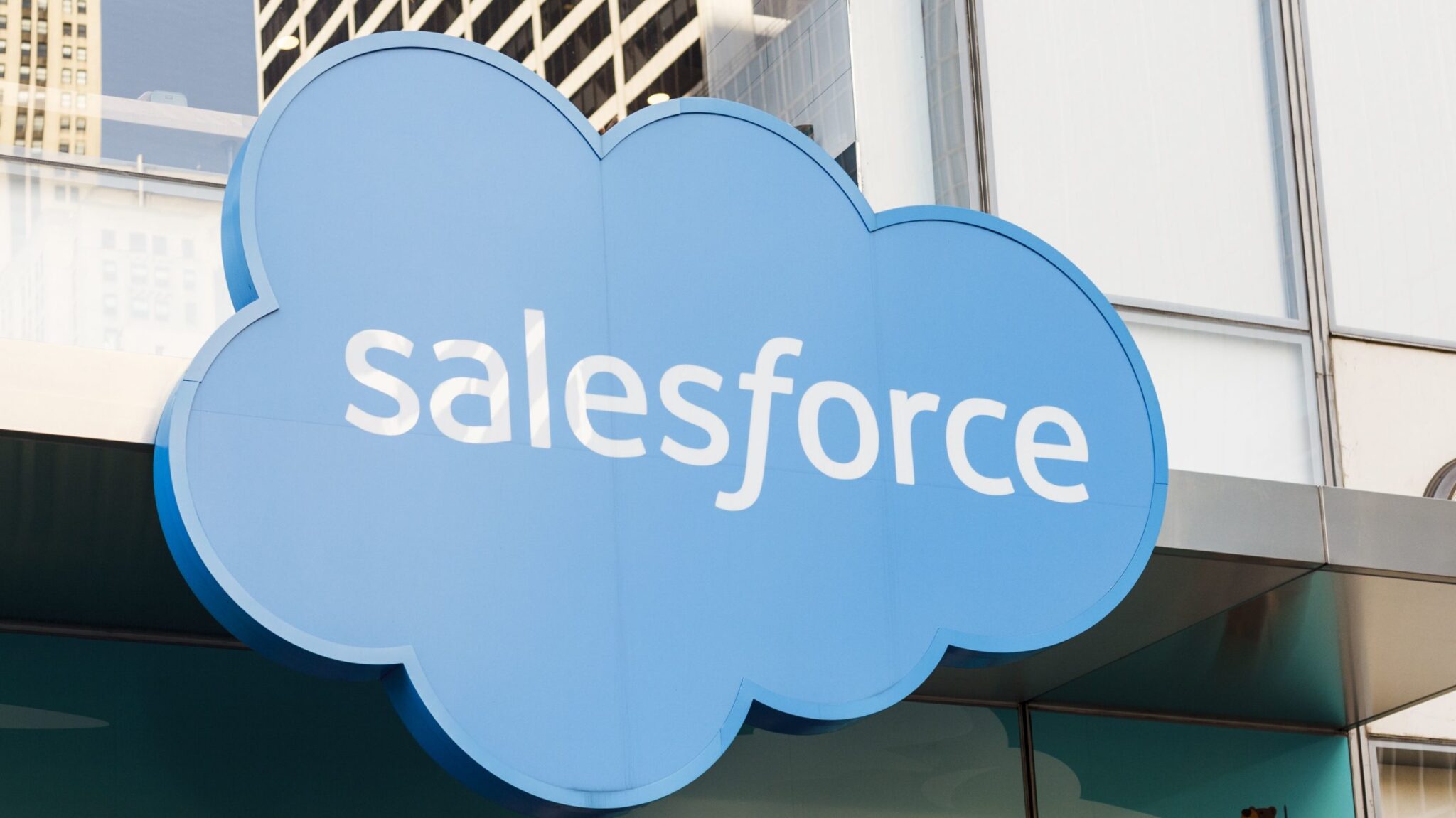The historic $300 billion deal between OpenAI and Oracle to buy cloud computing power is dealing cards anew in the IT market. The contract, one of the largest in history, not only pushed Oracle’s shares to record levels, bringing the company closer to the elite club of trillion-dollar corporations, but also signalled a major shift in the balance of power in a market previously dominated by AWS, Microsoft and Google.
The boom in generative artificial intelligence has created an unprecedented demand for massive computing power. In this race, OpenAI, the developer of ChatGPT, has decided to diversify its infrastructure providers.
The choice was Oracle Cloud Infrastructure (OCI), a huge win for the company’s strategy, which had been trying to catch up with the market leaders for years. The surge in Oracle’s share value of more than 40% in one day confirmed that investors were enthusiastic about the direction.
The OpenAI deal is not an isolated case. Oracle has recently secured a number of multi-billion dollar contracts with key AI players, including Elon Musk’s xAI and the Stargate project with SoftBank and OpenAI.
The company is effectively positioning itself as a key supplier to the most demanding customers in the artificial intelligence sector, building an impressive order book to ensure revenue for years to come.
Although Microsoft, Amazon and Google still together control around 65% of the cloud market, Oracle’s aggressive strategy in the AI niche shows that there is room to compete. The company’s success is also driving prosperity across the ecosystem, as can be seen in the stock rises of semiconductor manufacturers such as Nvidia, Broadcom and AMD.
Oracle’s move demonstrates that, in the age of AI, specialisation and the ability to serve the biggest players could be the key to challenging the status quo in the technology market to date.












